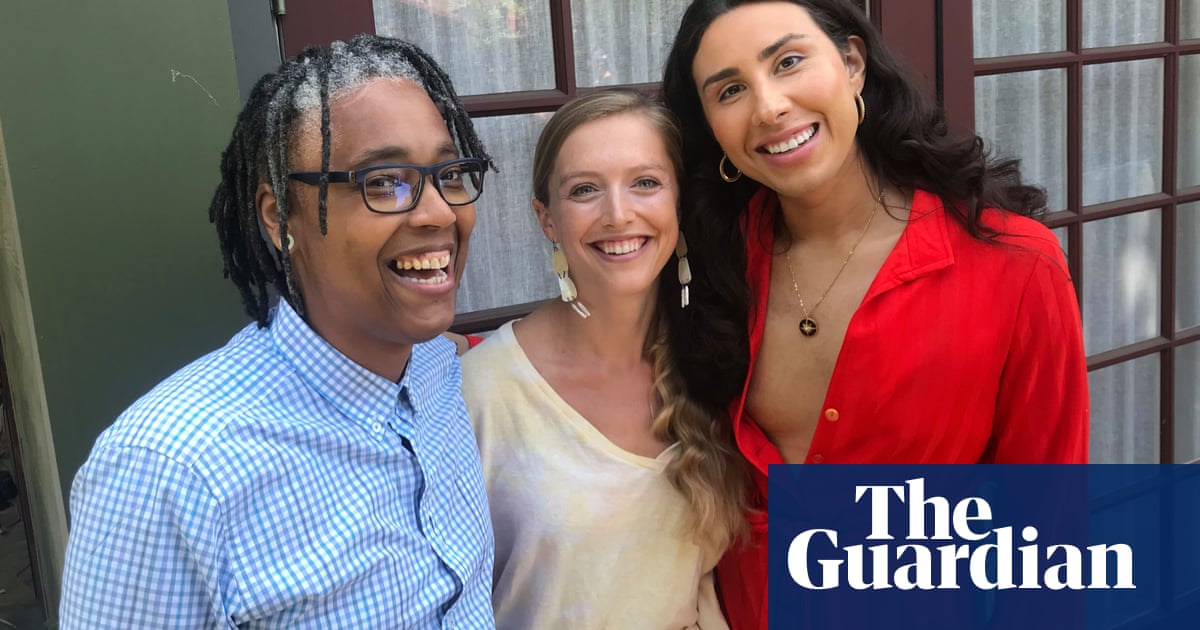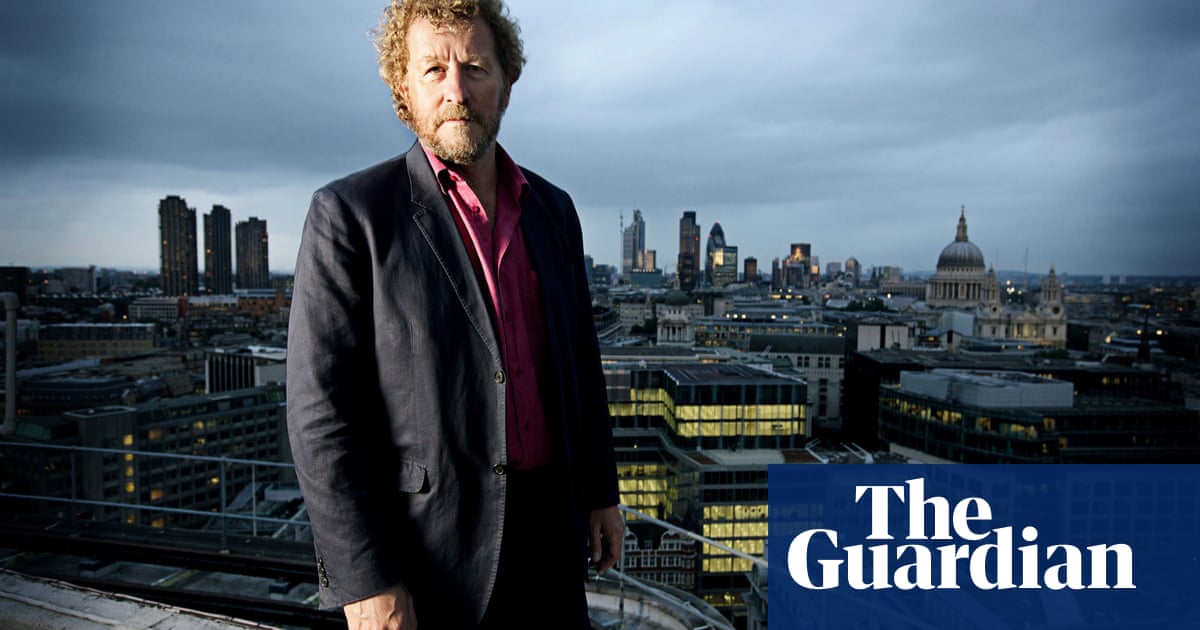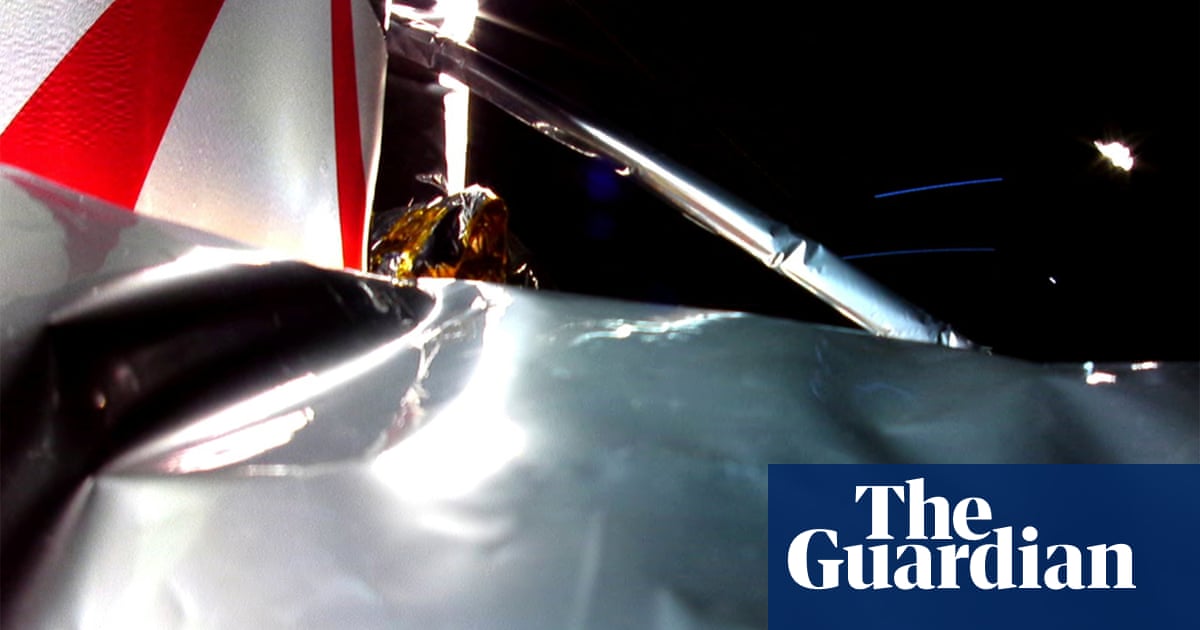
French President Emanuel Macron has changed the shade of blue on the French flag, although apparently the switch was made in 2020 without anyone realizing. The Elysee Palace said that the darker blue is punchier and more elegant, but there is also a political aspect to the change. The Tricolor now features the blue of the French Revolution, as opposed to the blue of the EU flag. Why are the French now seeking to distinguish themselves from the rest of Europe by having their own blue and adhering to their own history? Usually, a country’s return to its roots reveals a discomfort with the present.
A more acute manifestation of this malaise is the rise of anti-immigration and anti-Islam sentiment in France, as represented by one likely candidate for next year’s presidential election, Eric Zemmour. He has advocated that French citizens should not be allowed to name their children Mohammed. Himself the son of an Algerian Jewish couple who came to France during the French-Algerian war, Zemmour’s underlying rationale is “when in Rome, do as the Romans do.” Hence, an immigrant should forget about his background and assimilate totally into French society. But what does it mean to be French?
One former French minister I met recently told me that, when one is not comfortable with oneself, it is hard to be comfortable with the other. At the end of the colonial era, many immigrants came to France from its former colonies in Africa. Then, the norm was to assimilate, to forget one’s heritage, name and religion, and to embrace the French culture and norms. After that, French society evolved and the concepts of diversity, a plurality of opinions and of accepting the other grew. From these emerged the concept of integration, but what does that mean? What does it mean to be French?
Here, Zemmour takes people back to the time when immigrants caused no problem because they were assimilated, when they were no longer immigrants because they became French. Today, the immigrants are “the other” who push the French to define who we are, hence the discomfort they have in their presence. Again, what does it mean to be French today? What does it mean to be French while at the heart of globalization and European integration? In the absence of a clear answer, people like Zemmour rise by catering to people’s dissatisfaction with their present lot and their anxiety about the future.
Many factors have contributed to this national malaise. The economic aspect is one. The French socioeconomic structure is one of paradoxes. It is at the same time socialist and elitist, something the French sarcastically call “the caviar left.” Though it is supposed to be socialist, giving everyone an equal opportunity, it favors a certain class. The economic model hence fails to provide what it promises to citizens. And herein lies one source of French dissatisfaction.
When President Macron this year announced that he would shut down the Ecole Nationale d’Administration, people raised eyebrows. The flagship school that graduates public servants had to close, but Macron had good reason to do it. The ENA represents the elitism French society suffers from. Elitism was institutionalized by entities like the ENA, hence the decision to abolish it.
But despite the attempts of the Macron government to cure the national malaise, its policies have been affected by it. The centrist president, who showed sympathy toward immigrants while campaigning and even expressed guilt over France’s colonial past, is becoming more and more right wing to cater to a change in public mood. The French president’s narrative has taken a more anti-Islam, right-wing twist, including his comments on cartoons that were offensive to Muslims and his refusal to apologize to Algeria over France’s colonial actions in the country.
There is also the issue of secularism. The French strongly adhere to secularism — a clear separation of state and religion. And many of them see secularism, one of the foundations of the republic, slipping away because of newcomers. Secularism emerged in Europe as a result of bloody religious wars, after which it was decided that religion was a factor that divided people, rather than united them. Secularism also came about as a rejection of the authority of the church. With time, religion became something marginal for many in Europe, whereas this is not the case for large numbers of immigrants, for whom religion provides guidance in their day-to-day lives.
According to French law, one should not reveal one’s ethnicity or religion. What does that mean in practical terms? Should you not seek halal products? Should you not wear the hijab? Do those small practices make one “un-French?” Is being French about certain appearances or is it about values? Is it about what people name their newborns or is it about the values they give to their children? What kind of values do people like Zemmour and Marine Le Pen think are French? Or, more specifically, what are the values that make one “real” French?
If being French is about rejecting one’s heritage and religious beliefs and adopting a rigid lifestyle set by the state, then what differentiates France, which is a democracy, from a communist autocracy like China that forces societal conformity? Don’t European and democratic countries condemn Muslim countries that force women to wear a hijab because they see in that a transgression of their personal freedom? Isn’t forcing women to remove their hijab if they are to be accepted as equal citizens also a transgression of their personal freedom? Will this conditionality proposed by people like Zemmour make immigrants better French citizens? Will it give them a better feeling of belonging to France? He went so far as to say he would send unaccompanied child migrants back to their ancestral homeland. If he is elected, will he be able to do that? And if he does that, can we still say France is a democracy that respects human rights?
Ultimately, the issue is not about Zemmour, Le Pen or Macron, it is about a nation that should look itself in the mirror and ask: “Who are we and what does it really mean to be French?”
Dr. Dania Koleilat Khatib is a specialist in US-Arab relations with a focus on lobbying. She is co-founder of the Research Center for Cooperation and Peace Building, a Lebanese nongovernmental organization focused on Track II. She is also an affiliate scholar with the Issam Fares Institute for Public Policy and International Affairs at the American University of Beirut.












